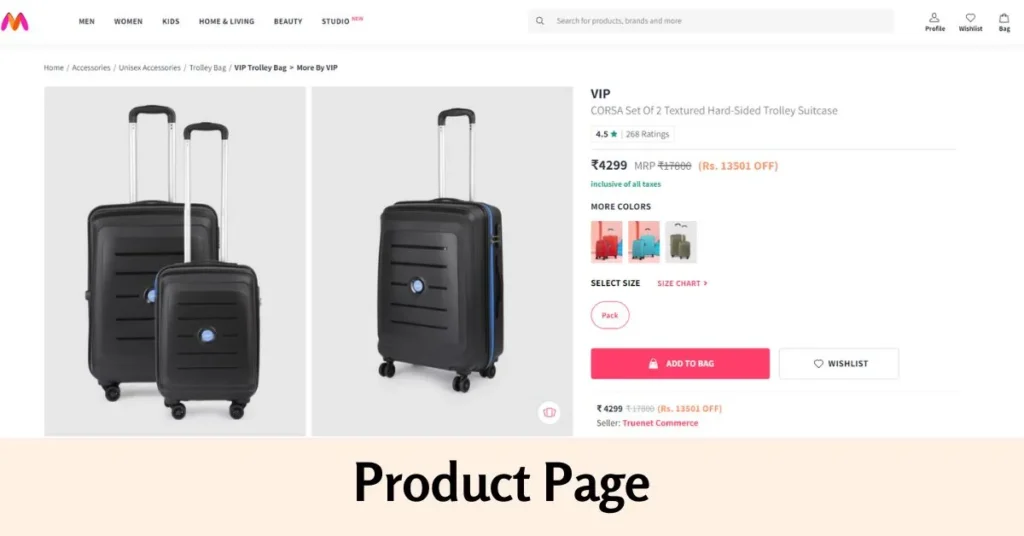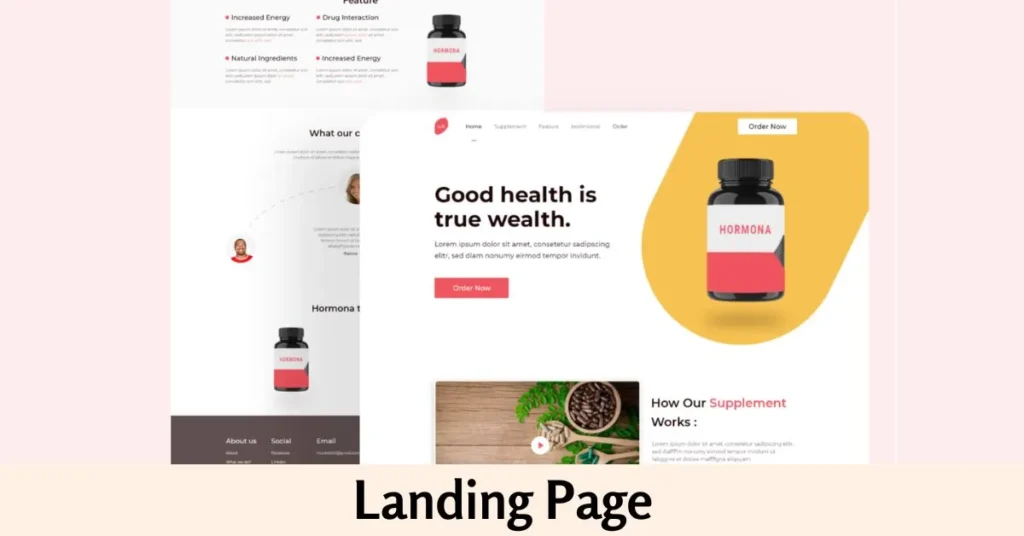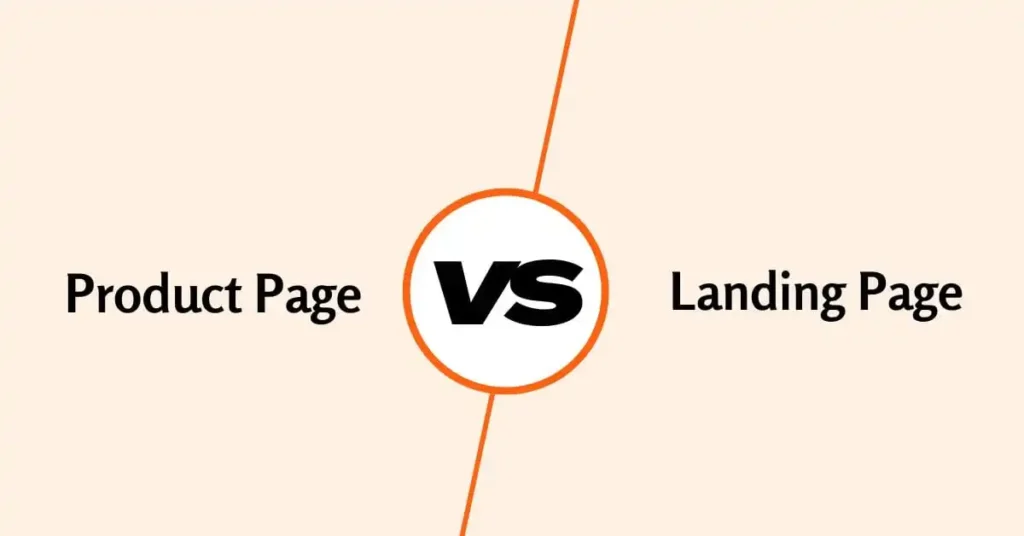When launching a Facebook sales campaign, one of the key decisions is where to send your traffic: should you link to a product page on your website or create a dedicated landing page?
Both options have their pros and cons, and choosing the right one can significantly impact your campaign’s success.
In this guide, we’ll break down the strengths and weaknesses of each approach to help you decide which is best for your campaign.
Option 1: Link to Your Website’s Product Page

Pros of Linking to Your Product Page:
- Builds Trust and Familiarity: If visitors are already familiar with your website, sending them to your product page can create a sense of trust. They know the layout, have potentially shopped there before, and will feel more comfortable making a purchase.
- Boosts SEO: By directing traffic to your website, you can improve its SEO ranking. Visitors who explore other areas of your site beyond the product page will contribute to better overall performance in search engines.
- Encourages More Purchases: When users land on your product page, they have the chance to discover other items in your catalog. This can lead to cross-selling and upselling opportunities.
- Consistent Brand Experience: Your website represents your brand’s overall look and feel, which creates a cohesive experience for users.
Cons of Linking to Your Product Page:
- Potential Distractions: Product pages often have menus, sidebars, and other clickable content that can distract customers from making a purchase.
- Slow Load Times: If your website isn’t optimized, long loading times could cause users to abandon the page, leading to higher bounce rates.
Option 2: Create a Dedicated Landing Page

Pros of a Dedicated Landing Page:
- Laser-Focused Content: Landing pages are built specifically for the campaign, meaning they are free of distractions and focus entirely on one product or offer. For example, a landing page promoting the “Men’s Watch 365 Model” would emphasize its features, benefits, and price, without unnecessary elements.
- Higher Conversion Rates: Since landing pages are designed with a single goal—such as encouraging visitors to buy the product—they tend to have higher conversion rates compared to general product pages.
- Customizable for Your Campaign: You can tailor landing pages to match your Facebook ad’s message, creating a seamless experience. Add limited-time offers, customer reviews, and social proof to drive urgency and build trust.
- Easier Tracking & Optimization: Landing pages provide clear data on how well your Facebook ads are performing. With fewer variables to track, you can quickly make adjustments to improve conversion rates.
Cons of a Dedicated Landing Page:
- No Cross-Selling Opportunities: Unlike product pages, landing pages usually focus on one product, which limits users from exploring other items on your site.
- More Time-Consuming: Creating a well-designed, high-converting landing page requires extra time and resources compared to simply linking to an existing product page.
Which Should You Choose?
If you aim to maximize sales for a single product, a dedicated landing page is the way to go. Its focused design, customized messaging, and optimized layout will improve conversions. However, if you want to increase overall website traffic and introduce customers to your full range of products, sending them to your product page might be more beneficial.
